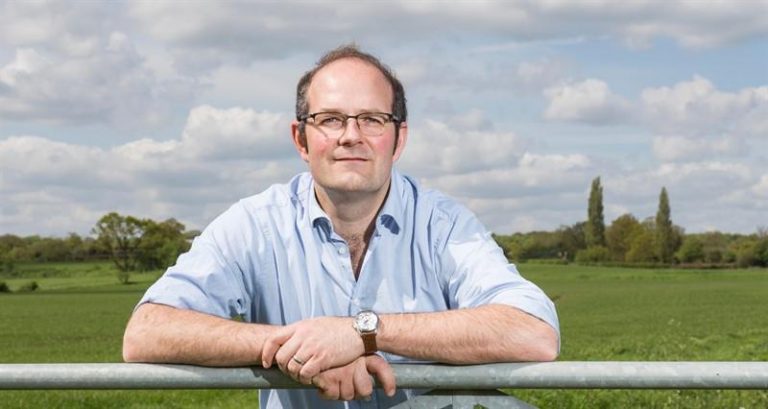New Sheffield office building welcomes major law firm as first occupant
University of Leeds spinout receives £3.5m investment boost
Energy crunch will come in 2028, predicts new research
- Extend the use of existing baseload generation assets which provide secure capacity, including nuclear plants scheduled to retire, and agree transitional arrangements for biomass operators that plan to install bioenergy with carbon capture and storage (BECCS) technology.
- Work to reduce peak demand by encouraging flexibility and installing more home insulation.
Council appoints contractor for Cleethorpes’ Pier Gardens facelift
Council highlights East Riding’s efforts for transport chiefs
APSS Group invests in state-of-the-art showroom
Prime Minister brings Cabinet to meeting at Goole rail facility
Hull’s hospital porters are the best in the country – and that’s official
Porters at Hull Royal Infirmary and Castle Hill Hospital have been selected from 300 entrants to be Portering Team of the year at the National MyPorter Awards held in London.
Graham Taylor, Interim Portering, Postal and Switchboard Manager, says: “Being recognised nationally as ‘Portering Team of the Year’ is outstanding and I am immensely proud to represent this team. Their responsibilities and duties go far beyond simply pushing a stretcher or moving a bed. “They are expert communicators, constantly keeping patients and their families informed and reassured during difficult and often uncertain times. Their dedication and compassionate attitude towards their work make them invaluable members of our organisation. “This team truly is phenomenal, and it fills me with pride to witness their unwavering commitment to making a positive impact on the lives of patients and their families every day. “The team may not always receive the recognition that they truly deserve, but their contributions are immeasurable. They are the unsung heroes who quietly and efficiently keep the hospital running and deserve to be celebrated for their hard work and dedication.”T he hospitals are part of a Group including Goole, Grimsby and Scunthorpe, employing 17,000 staff and caring for over a million patients every year. Getting people and resources to their destination in an organisation of that size is no mean task, but this 120-strong team handles this responsibility effortlessly.Hull’s Colonial Street subject to archaeological dig as development progresses
West Yorkshire Mayor enrols almost 160,000 learners since devolution of adult education
Sheffield research to help make growing food greener
West Yorkshire recycling company fined £120,000 after worker injured by 300kg batteries
Lilly strengthens Hull-based family law team
Red Sea disruption causes severe headaches for UK businesses
Sainsbury’s signs up as third retailer to back nation’s farmers with ‘buy British’ web tab
SMEs get strong voice on Government’s Small Business Council
Lighting contractor completes 89,000 streetlight bulb swaps in Leeds
ABP appoints its first-ever Capital Projects Director
Parliamentarians visit British Steel at Scunthorpe
In two separate visits Nusrat Ghani, Minister of State at the Department for Business and Trade, to British Steel, and Sarah Jones, Shadow Minister for Industry and Decarbonisation, have visited British Steel at Scunthorpe.
Both toured the site and discussed decarbonisation plans.
British Steel says that whilst decarbonisation is a major challenge for the business, it remains committed to transforming itself into a green and sustainable company, believing electrification will provide a rapid and sustainable solution to the decarbonisation challenge in addition to providing support for sustainable employment.
Owners Jingye have already invested £330m in British Steel in less than four years and say they are committed to the unprecedented investment decarbonisation requires.






















